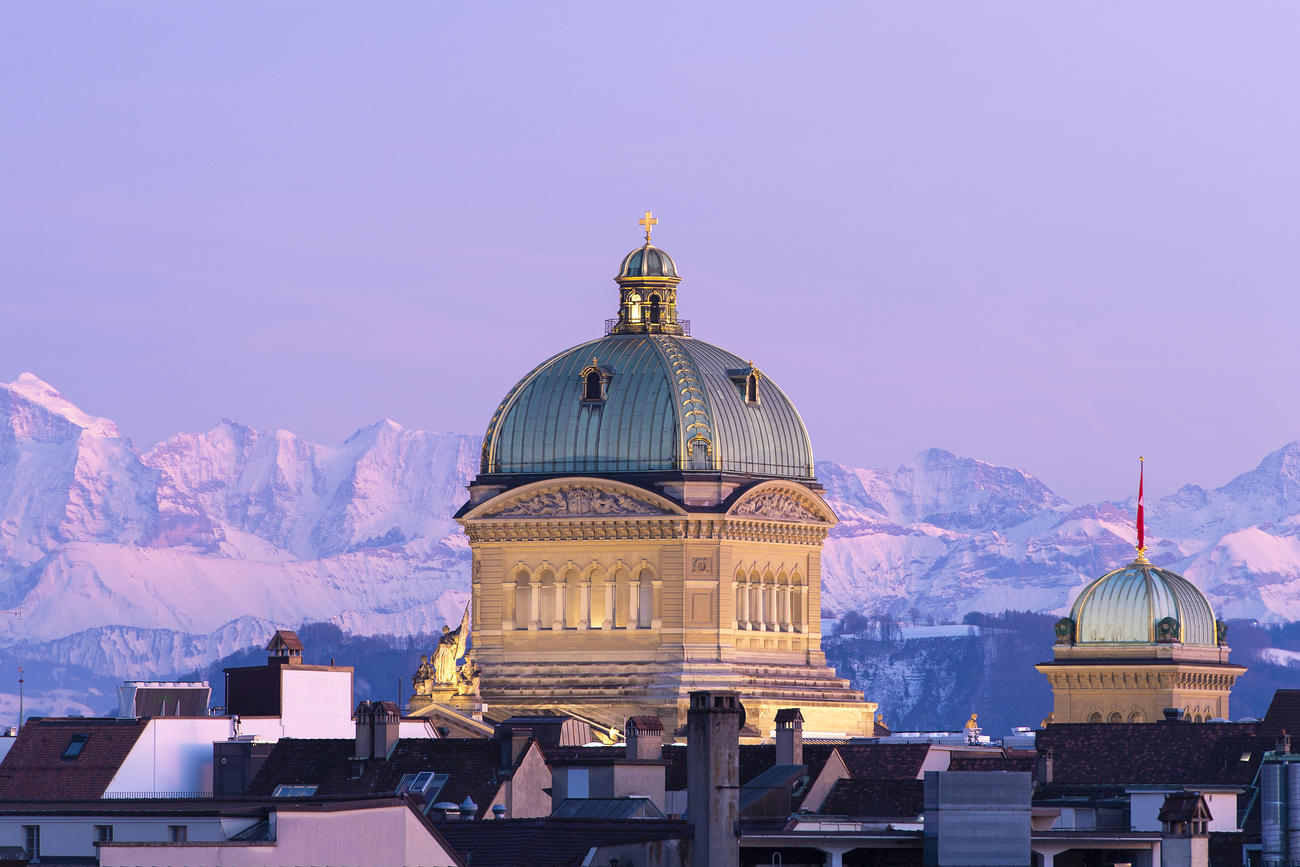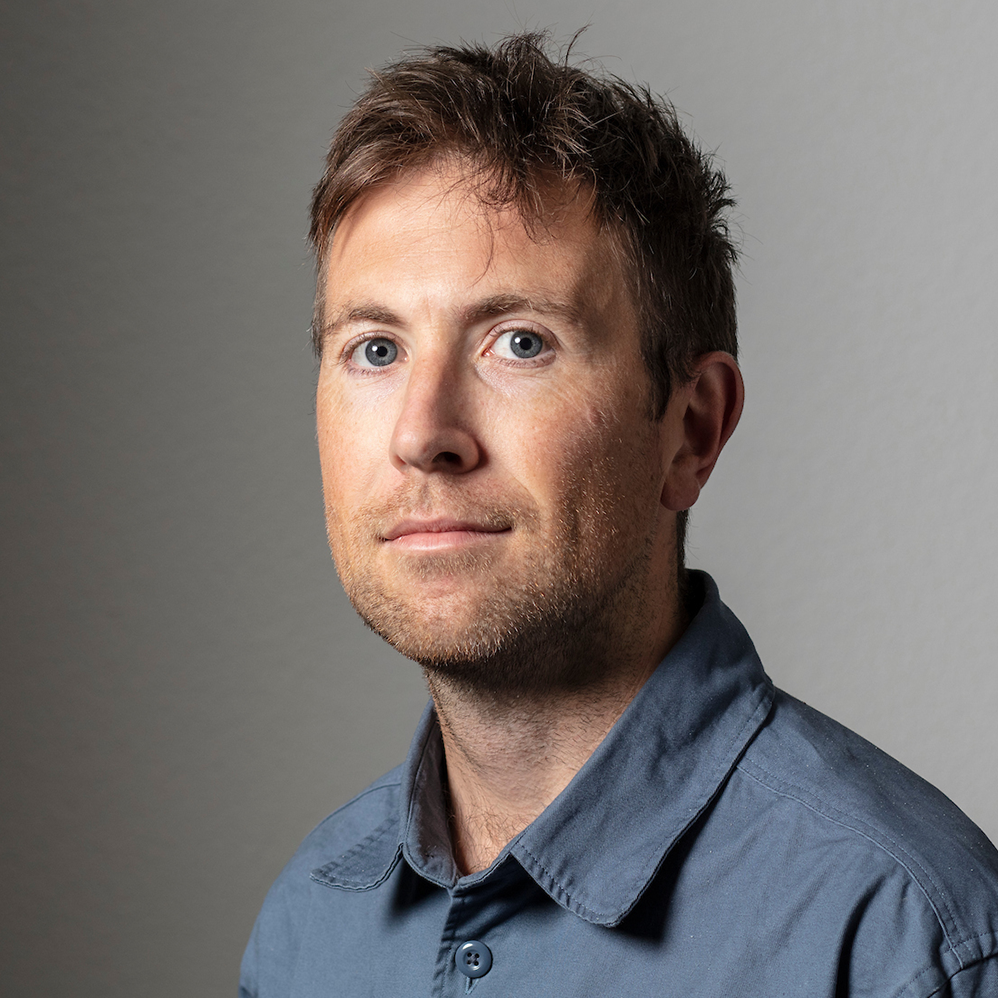Election prep in Switzerland, more strife in Hong Kong

An overview of the latest Swiss and international democracy news from our direct democracy reporters.
After a quiet summer break in Switzerland, temperatures are back to middling, kids are back to school, and politics is back to business as the country prepares for elections.
As we enter into ballot mode, a big issue over the past couple of weeks was the risqué campaign poster unveiled by the right-wing People’s Party, showing a juicy red apple (Switzerland) infested by parasitic worms (other parties, and the EU).
“Should the left-wingers and nice guys be allowed to destroy Switzerland?” it asks.
But if the People’s Party PR team thought they were asking a rhetorical question, the level of response it provoked showed that others might not feel the same way. Social media users and politicians – including one or two within the People’s Party itself – slammed the image as misjudged and clumsy; some even compared it (hyperbolically, perhaps) to Nazi-era anti-Semitic propaganda.
It’s not the first time the outlandish campaigning of the party has provoked; their famous “black sheep” poster from 2007 comes to mind, as does 2009’s anti-minaret campaign.
Whether this amounts to populist business as usual or a desperate ploy in the run-up to an election which isn’t likely to be as kind to them as that in 2015, one thing is clear: the worm was dangled, and the media, as usual, took the bait.
[For interest, or impartiality, or both, here is the official campaign posterExternal link of the left-wing social democrats, launched a day later; also red, but slightly less shocking…]
In other news…
On the direct democracy front, things are quiet in Switzerland what with October’s elections, which means that no other national votes or referendums will be held until next year.
That said, a few initiatives are in the works, including some party-driven ideas about tackling persistently high healthcare costs. But are they just strategies to drum up election votes? Perhaps, but the ploy – linking direct democracy initiatives with electoral fortunes – is likely to fail, Claude Longchamp reckons.
Also to watch is the September handing-in of signatures by campaigners who want a vote on banning the advertising of tobacco products. After several public debates around the links between cigarettes and state in Switzerland, this could be a testy issue.

International democracy: the view from Bruno
Internationally, the stakes for democracy remain high, global democracy correspondent Bruno Kaufmann reports:
The situation in Hong-Kong between local pro-democracy supporters and the Beijing-controlled government is becoming more serious every day. Many observers expect that something dramatic will happen in the Asian global city – but probably not before Chinese National Day on October 1.
Germany has discussed the introduction of a nationwide referendum process for many years. However, the two-thirds majority in both chambers of the German Parliament, required for updating the Federal Constitution, has not been forthcoming, with Angela Merkel’s Christian Democrat party cool so far about accepting the citizens as direct decision-makers.
But there is a growing interest by the political leadership for another kind of participatory procedure, the so called Citizens’ Assembly – a similar idea to one being tested in the Swiss city of Sion this autumn. The German idea will see 160 randomly-chosen citizens from all walks of life gathering in September for two weekends in LeipzigExternal link to learn, discuss and propose key democratic reforms for the European Union’s most populous country.
The results of the process, which is partly organised by the civic group More Democracy, will be presented to the Federal Chancellor in November and will also be discussed next year in the national Parliament.
Such Citizens’ Assembly methods – which have also been used in Ireland and Oregon ahead of referendum votes, and in Iceland to rewrite the national constitution – can be seen as deliberative bridge-builders between dominant forms of representation (elected governments taking decisions) and representative (top-down plebiscites like the Brexit vote) methods.
A hopeful sign in a truly challenging world.
Is there anything else on your democracy radar, or anything you’d like to hear more about?
Let us know,
Domhnall O’Sullivan and Bruno Kaufmann

In compliance with the JTI standards
More: SWI swissinfo.ch certified by the Journalism Trust Initiative


You can find an overview of ongoing debates with our journalists here. Please join us!
If you want to start a conversation about a topic raised in this article or want to report factual errors, email us at english@swissinfo.ch.